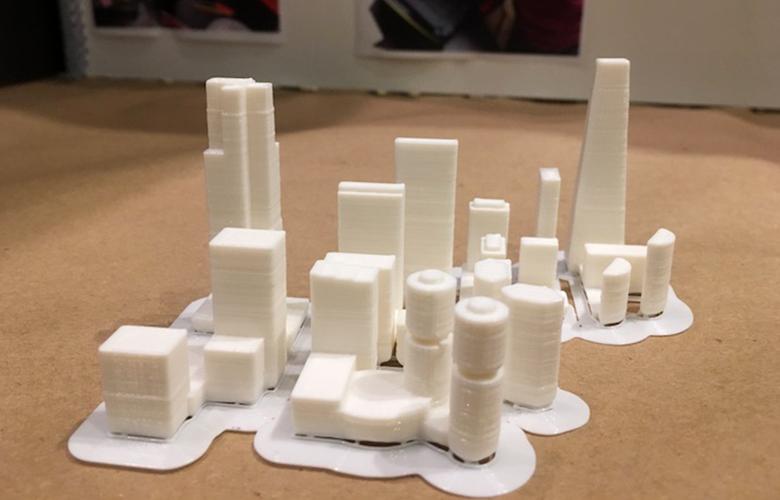
As more schools and informal educational institutions strive to be inclusive environments, they will need educational materials that have been developed with a neurodiverse audience in mind. EDC’s IDEAS Maker Program is one such resource.
With funding from the National Science Foundation, researchers at EDC with an interest in creating engaging STEM experiences for students with and without disabilities collaborated with a diverse group of partners to design an inclusive, informal maker program that is now publicly available. Our “dream team” of partners included the ASD Nest Support Project at New York University’s Steinhardt School of Culture, Education, and Human Development; the New York Hall of Science (NYSCI); SRI International; NYU’s Tandon School of Engineering; and teachers from three NYC Department of Education autism-inclusion middle schools.
The IDEAS (Inventing, Designing, and Engineering for All Students) Maker Program takes middle school-age youth through a series of skill-building activities that incorporate 3D design and the engineering design process, including using CAD software, creating LED greeting cards, and building vibrating robots. For the final activity, students design and produce their own 3D-printed objects.
The program was based on the desire to give youth on the autism spectrum a chance to pursue their interests as they engage with their typical peers in the engineering design process. After the initial clubs, we found that IDEAS not only benefited youth on the spectrum, but it provided opportunities for all youth and their teachers to learn from each other.
To create the IDEAS curriculum, our team started with a 10-day summer camp called Make Academy, held at the NYSCI’s Maker Space. The team adapted the program so that it could be run as either an afterschool club or a lunch club in autism-inclusion public schools by teachers with no making experience. Our research found that youth both on and off the autism spectrum were able to engage fully in the program activities. They created projects based on their interests, interacted with each other around their projects, and increased their knowledge of the engineering design process as well as their self-efficacy in engineering and science.
However, this initial project was just the start! Our team recently received funding to expand this project to more autism-inclusion middle schools, as well as to elementary and high schools, and to plan for sustainability by adapting the program to a variety of school contexts.
The diverse experiences and interests of youth, whether they are on or off the spectrum, can be a powerful force when nurtured, and informal maker programs, such as IDEAS, is an excellent vehicle for that energy.
Regan Vidiksis is a research associate on the IDEAS project with a background in early education and special education.
Wendy Martin is the principal investigator on the IDEAS project. She is currently leading a new project—Developing Abilities and Knowledge for Careers in Design and Engineering for Students on the Autism Spectrum by Scaling Up Making Experience—that scales up the IDEAS Maker Program to additional autism-inclusion middle schools as well as elementary and high schools.
Add new comment